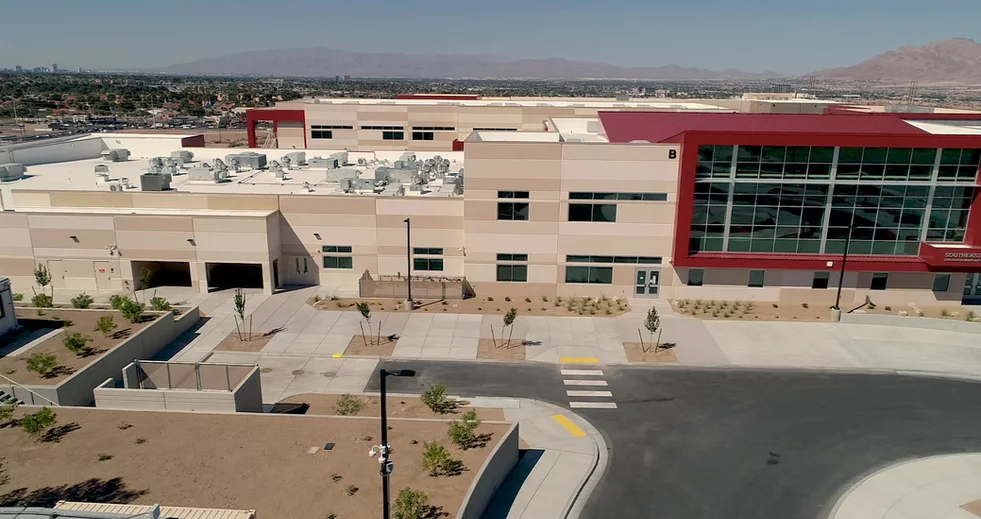How can you tell whether you belong at a technical or community college? You could start by asking yourself, “What are the distinctions between the two?” Then, once you are aware of it, you may compare the advantages and disadvantages of each to determine which will best suit your way of life.
Fortunately, we have already conducted the research and outlined the advantages of both community colleges and technical institutions. We came up with these answers after asking ourselves three fundamental questions for each sort of college.
- Who will perform better in technical college over community college?
- What are the benefits of technical and community colleges?
- What are the drawbacks of technical and community colleges?
- Who will perform better in a technical college than in a community college?
Community college is a terrific alternative for those who want to pursue their education locally, save money on tuition, housing, and board, and explore potential 4-year college prospects.
A student who did not enjoy or perform well in high school will probably perform better in a technical college in Las Vegas where they will be immediately immersed in the working world, developing practical skills and maintaining an interest in the course material.
Pros from Community College
Attending a community college has several advantages. Community colleges are excellent for students who seek a more traditional learning experience and the possibility to pursue their education because of their accessibility and cost.
- Programs that can be completed in two years and lead to an associate’s or liberal arts degree.
- Reduced tuition as a result of federal, state, and local taxes.
- Ability to save money by transferring credits to a four-year institution or university.
- It’s time to consider several job options before deciding on a major.
- You can raise your GPA to the required level for four-year college admission.
- A procedure of open admittance. No matter how they previously performed academically, all applicants will be admitted.
- Frequently situated in the center of the city, making it simple to access metropolitan amenities and public transportation.
- A schedule that considers the particular needs of students who work and those who have families.
Technical College
There are many benefits to attending a technical college, especially if you have already decided on your desired vocation and are eager to get started. This could be your place if you want to save time or obtain practical instruction and experience.
Immediate hands-on instruction, practical experience, and help finding a job.
Programs with a focus on preparing students for a particular skill or industry.
Everything a student will require to complete the program, including books, extra fees, lab equipment, and other materials, is included in the tuition.
It is possible to finish in less than two years. Because most technical colleges are year-round institutions and take fewer general education courses, you can complete your training more rapidly.
Classes at technical institutions typically begin more regularly than at community colleges, which typically begin in January, the summer, and the fall.
- The majority of technical colleges are situated in the town center. Therefore, save money on accommodation and board by staying at home.
- Less enrolment and smaller class sizes enable instructors to provide individualized instruction.
- Provides distinctive and flexible alternatives for students who are working or who have families.
- By specializing, a student can avoid taking numerous general education courses.
- Most instructors have a wealth of knowledge to impart since they are highly qualified, seasoned, and connected in their teaching industries.
- At technical schools, career service counselors are typically employed to help students find jobs once they graduate.
- The technical college curricula frequently incorporate externships, which give students beneficial, practical experience.
- Students can be ready to take the industry certification exams related to their study area.
Although community college tuition is typically less expensive than technical colleges, it only includes tuition and fees, leaving students responsible for covering the cost of their books and other supplies each semester.
Both lectures and practical training are included in the program.
Whether a student wants to or not, they will have to spend time and money on lectures and general education classes at a community college.
Cons of Technical College
Even though most technical institutions are accredited, few allow you to transfer your credits to four-year, community, or other technical colleges.
A technical school’s tuition costs are typically higher than a community college’s.
You are kind of out of luck at a technical college if you want those general education classes and the possibility of a more advanced degree.
You may now decide where you need to be after weighing the advantages and disadvantages of community colleges and technical colleges. Once you’ve made up your mind, don’t spend any time looking for and applying to the school of your choice. By the end of the week, you might be en route to starting your training for a new career!









